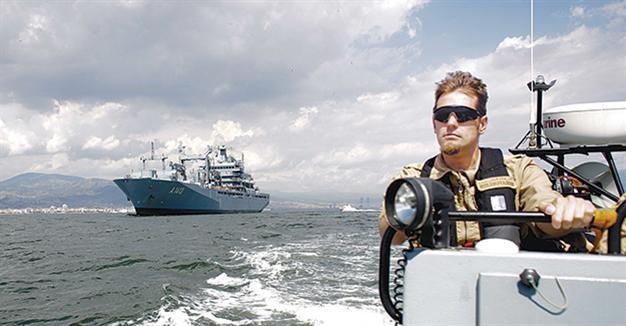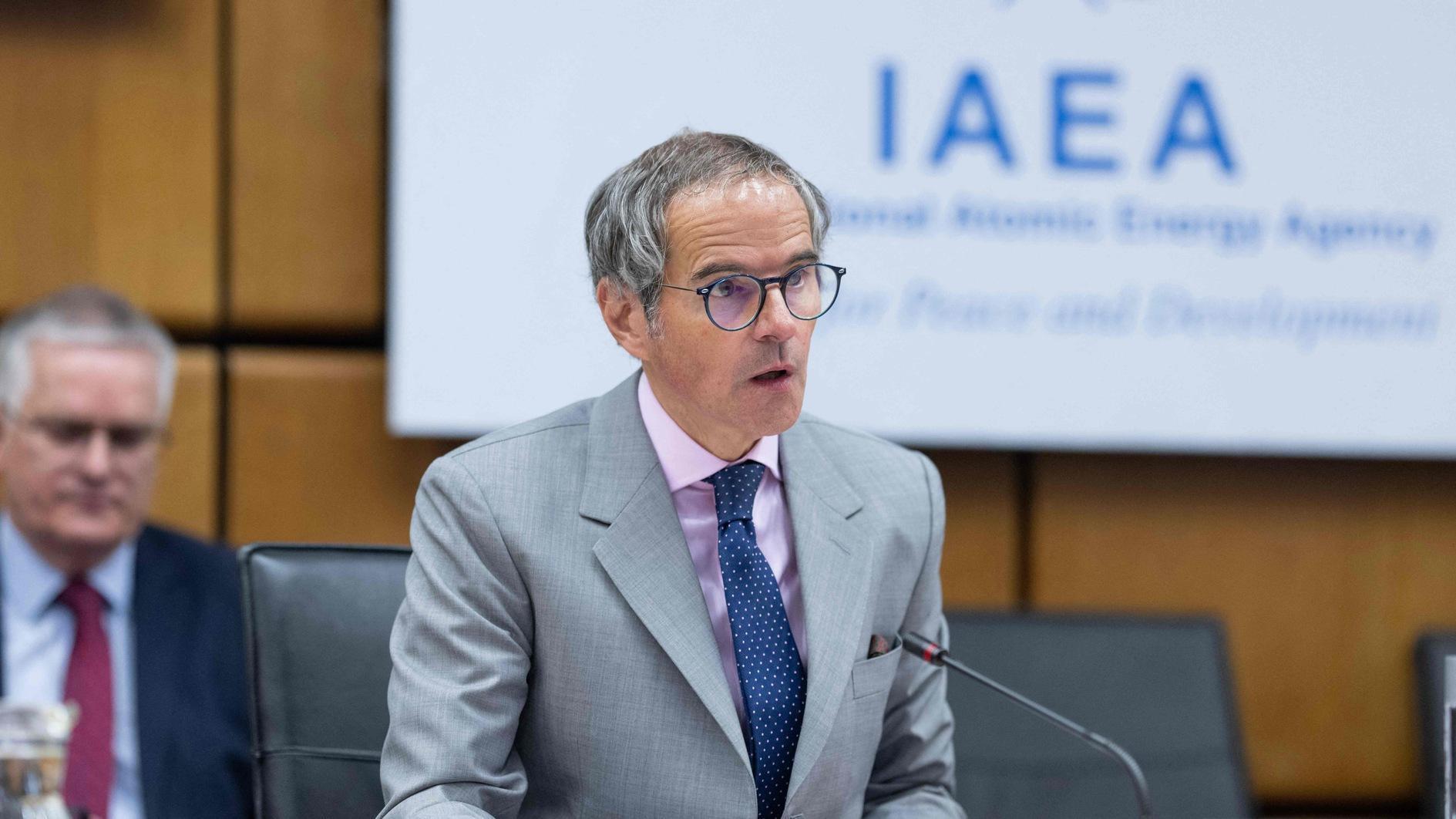Turkey wants to end NATO’s refugee mission in the Aegean
Barçın Yinanç

AP photo
It seems that despite positive political rhetoric at governmental levels and deepening bilateral relations on all fronts, Greece and Turkey have not yet reached the level of maturity that can enable the two to overcome their differences over the Aegean and engage in maritime cooperation in the seaway that separates the two countries.Despite NATO’s wish to the contrary, the alliance’s military presence to patrol against human traffickers in order to deter illegal crossings that started in late winter in the Aegean will be a short-lived endeavor. Turkey wants to see an end to the alliance’s maritime mission, which consists of seven ships, by NATO’s Warsaw summit in July, according to officials from both Turkey and member countries. Yet the alliance seems to be reluctant to end it in such a short time.
Let me go back to a couple of months ago, to elaborate.
“It all happened so fast that probably the officials of both Turkey and Greece are worried about the unintended consequences of what they have found themselves in, if they are not already regretting it totally,” I had written in an article that was published late last February.
At that time ships belonging to NATO had started patrolling the waters of the Aegean, which remains one of the most contested seaways in the world due to the fact that Turkey and Greece have different claims over their sovereign rights.
Until recently NATO tried to stay away from these disagreements and its drills were conducted in the uncontested international waters of the Aegean.
NATO’s presence in the Aegean came to the agenda last summer as the seaway claimed the lives of hundreds of refugees trying to reach Greece. As Turkey and the European Union reached a deal to stem the refugee flow, which also included an effective patrolling of the Aegean against human traffickers, Germany introduced the idea of NATO’s assistance in these efforts.
Eager to prove Turkey was genuine in its intentions to stop illegal crossings, the Turkish political leadership at the time, namely the government of former Prime Minister Ahmet Davutoğlu, accepted the offer, sending shivers down the spine of the Turkish military-diplomatic bureaucracy.
In record time NATO accepted Germany’s, Turkey’s and Greece’s “request” to deploy a maritime force in the Aegean Sea to conduct reconnaissance, monitoring and surveillance of illegal crossings, “in support of Turkish and Greek authorities and the European Union’s Frontex agency.”
NATO Maritime Group 2 (SNMG2), consisting of seven ships from Germany, Canada, France, Britain, Netherlands, Turkey and Greece, started patrolling the Aegean by end of February. But it soon started running into difficulties since Turkey and Greece started challenging the moves of the mission. For instance, the Greeks’ attempts to land NATO military helicopters on demilitarized islands according to binding treaties got the Turkish side upset.
As the number of illegal crossings has dropped significantly, Turkey has started voicing the view that there is no need for the mission and thus it should be terminated as far as the Aegean is concerned.
In the course of the last two months daily crossings from Turkey to Greece dropped to double-digits, while European officials said even three-digit numbers would be enough to consider the implementation of the deal a success.
Frontex announced in late April that the number of arriving refugees and migrants in the whole month of March had sharply fallen to 26,460, less than half the figure recorded in February.
In addition to the argument that there is no need for additional patrolling support, the Turkish side is also telling NATO allies that the mission is creating additional tension between Ankara and Athens.
The alliance however does not want to terminate the mission in such a short time and it is highly unlikely that such a decision is taken by NATO’s July summit.
Meanwhile, the successful cooperation between NATO and Frontex has been highly appreciated by both the alliance and the European Union, as there are talks about duplicating a similar cooperation scheme in the Mediterranean, where illegal crossings have been on the rise since refugees and migrants no longer find easy access through the Western Balkans route.











